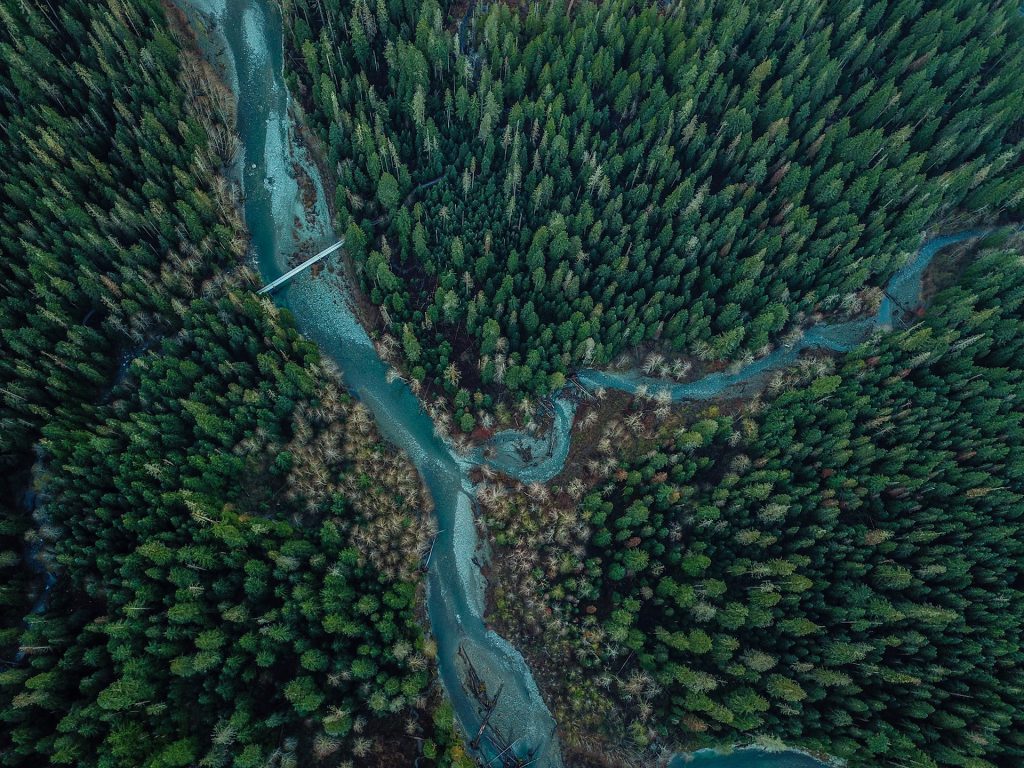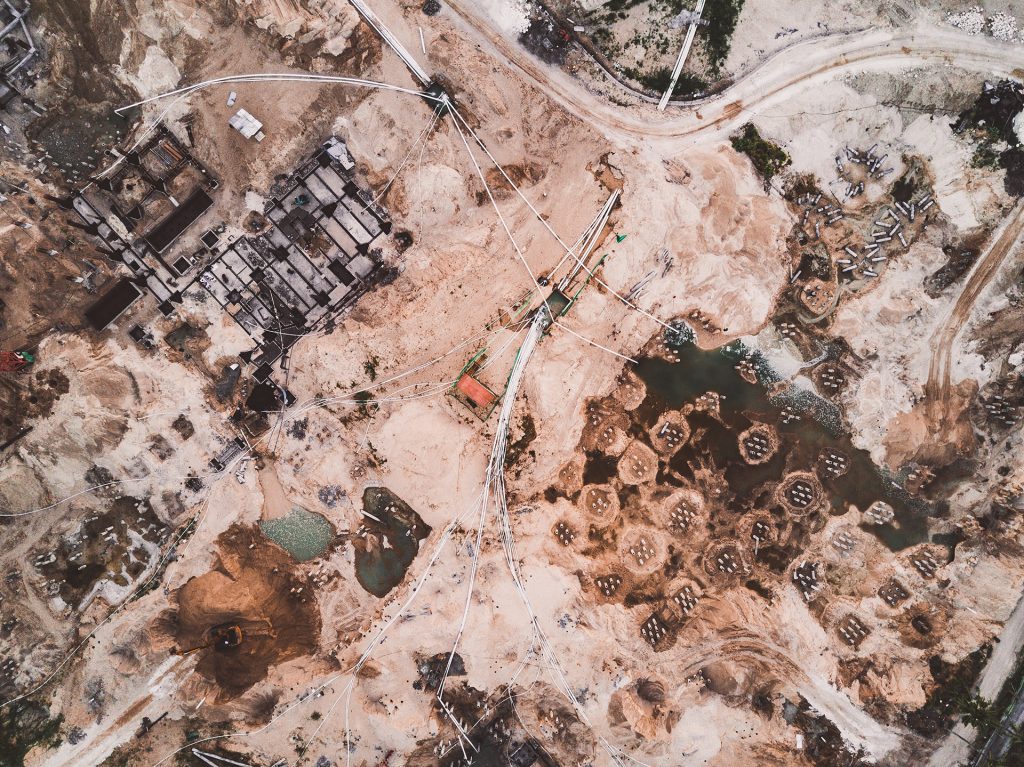Safety Measures
Your Safety is our Priority
A Well-Trained Team To Count On!
You can count on our well-trained team of professional tour guides. Our staff comprises of experienced and skilled trekkers and guides who have lived in these areas for decades. They know these lands and have been trained to deal with their challenges. Our team is trained in basic First Responder Aid which enables them to address emergency. They can provide initial help with basic first aid. Our porters can provide support in carrying an injured traveler if needed. Travelers should get travel insurance which shall enable them to avail rescue and aid in case of a serious emergency.
Small-Group Facilitation Policy
We have a small-group facilitation policy. We have limited the number of tourists per group to four. Our policy is designed to provide completely personalized service and ensure the complete safety of our clients. We also provide extra porters and horses and mules to increase logistical support.
Guidelines for Health and Fitness
We specialize in adventure travel and most of our itineraries are along the Andean highlands in the Cusco region. Good health conditions and physical fitness are required to venture out a high altitude. While we shall help you in chalking out a training routine to ensure that you are fully fit for your expeditions in Peru, we highly recommend that you consult your physician. You are advised to share itineraries and terrain details with your doctor to seek informed medical advice. Altitude over 1500 meters above sea level can affect any human. Most people are diagnosed to have Altitude Sickness or what is known as Acute Mountain Sickness. Two of the more severe form of altitude-related health conditions are High Altitude Pulmonary Edema and High Altitude Cerebral Edema. Both of these conditions can prove fatal. Travelers are, therefore, requested to inform in case of any altitude-sickness history and seek medical advice or be able to identify the symptoms to ensure timely help.
Important Symptoms
Symptoms of Mild Altitude Sickness:
headache, fatigue, nausea, stomach illness, dizziness, sleep disturbance and shortness of breath.
Symptoms of More Serious Altitude Sickness:
fever, dry cough, vomiting, bluish color on lips and fingers, difficulty breathing even when resting, lack of balance, loss of consciousness


General Caution Measures For Travelers
- Avoid strenuous physical activity.
- Do not insist on proceeding any further in case you feel unwell at any point during the journey.
- Stay hydrated and ensure you always have plentiful clean drinking water supplies.
- Avoid caffeine and alcohol.
- Do not try any cuisine which may have nay medical implications for you.
- Keep anti-inflammatory medication with you to treat slight altitude sickness symptoms. Do not rely on coca tea and coca leaves. There is no evidence to back the medical impact of this age-old remedy.
- Acclimatize for at least a day before heading out on a tour of the highlands.
- Bring proper clothes. Do not rely on thin layers to be sufficient in the snow-capped alpine mountains.
- Bring proper hiking gear according to your itinerary and terrain requirements.
- Bring raincoats and umbrellas to ensure protection against any form of precipitation at high altitude.
Instructions for Trekkers
- Travelers are requested to inform the team in case any of the symptoms of altitude sickness are identified.
- If you feel unwell at high altitude, it shall be due to altitude sickness unless proved otherwise.
- Travelers must not proceed any further if symptoms of altitude sickness are identified.
- If the symptoms worsen over time, a detour shall be taken towards lower altitude in order to avoid any serious health implications.
- Travelers will be briefed about local food culture and culinary options at all places. In case of any medical histories, allergies and other health conditions, please provide information to the team to make meal arrangements according to your needs.

